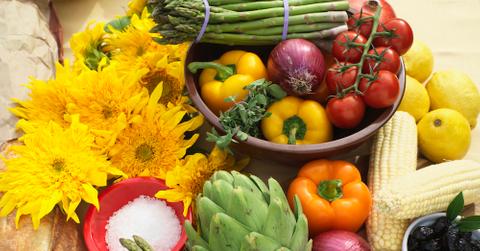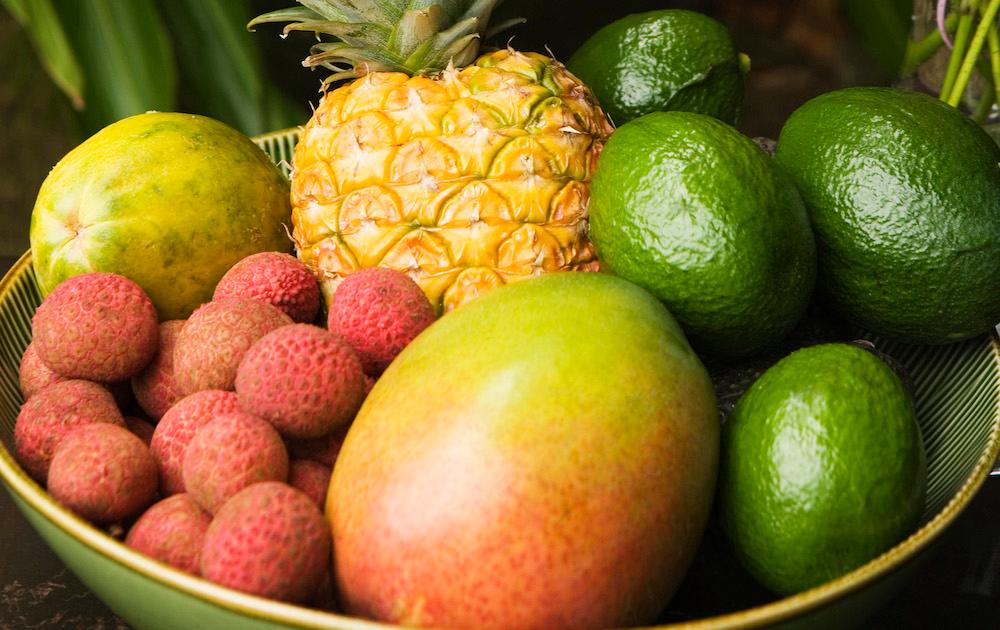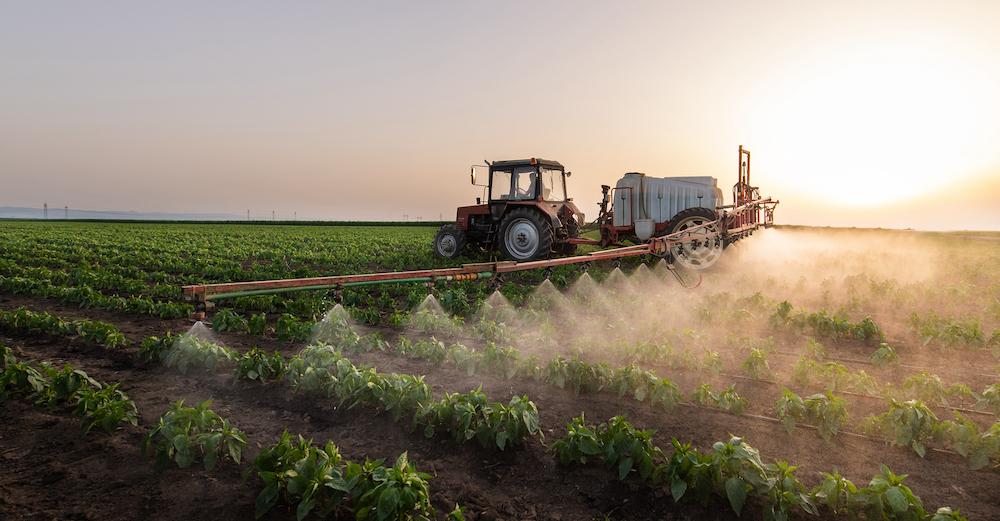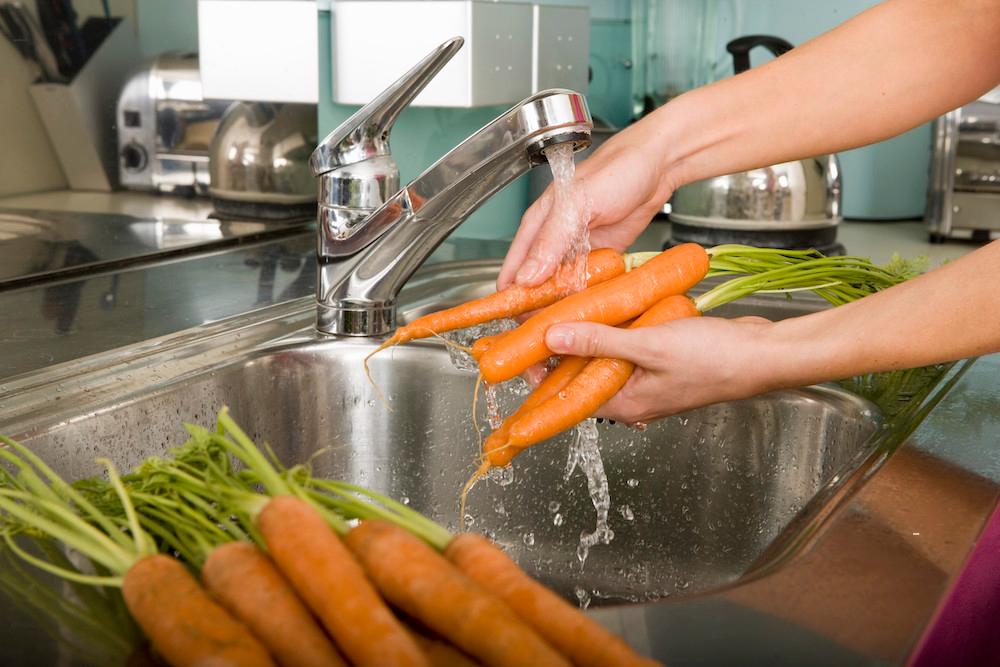How to Clean Pesticides Off of Fruits and Vegetables
Published April 10 2023, 1:09 p.m. ET

Eating lots of fruits and veggies has always been part of a healthy diet. Not only are they full of nutrients the body needs, but they can also lower the risk of all kinds of health concerns, like heart problems and obesity. Despite all of these benefits, in modern times, the process of growing produce often involves pesticides.
READ NEXT: GreenLatinos Is Making the Environmental Movement More Intersectional
Though it's possible to grow produce organically, meaning without any pesticides or synthetic fertilizers, conventionally-grown produce still reigns supreme in the U.S. Pesticides prevent insects, fungi, and other organisms from eating your future food and causing unnecessary damage. These chemicals are effective, but excessive pesticide exposure has been linked to various health concerns.
So, keep reading for our guide on how to clean pesticides off of your fruit and veg so you can eat it as safely as possible.

How harmful are pesticides? Do I have to clean my fruit and vegetables before I eat them?
To start off, pesticides are chemicals including herbicides, insecticides, and fungicides that keep produce from being destroyed by various pests, according to the National Institutes of Health (NIH). The name of the chemical lets you know what type of pest it keeps away.
- Herbicides: Control or kill the growth of weeds.
- Insecticides: Control or kill insects on the produce.
- Fungicides: Control the growth of fungi on produce and prevent mold and mildew.
Although pesticides help keep produce safe, pesticide residue is typically still on the fruits and vegetables that you buy. However, Michigan State University states that in general, it won't be harmful to your health to eat fruits with this residue on them, because the amount should be "at or below safe consumption levels." Regardless, that doesn't mean that you shouldn't wash your produce. Bacteria and other concerns could mean it's not safe to eat until it's cleaned.

Here's how to clean pesticides off of fruit and vegetables.
Fruits and vegetables have a long way to go before they reach your dining room table. Being picked by machines or farmers, being transported, and being put on shelves means that anything could happen to them that you don't see. So it's better to be safe and make sure everything is clean.
In addition, the FDA states that you should wash your hands for at least 20 seconds prior to handling any fruits or vegetables. This helps ensure your food is as clean as possible. Then, scrub your produce with a produce brush while keeping it under running water. It may help to use a clean colander. Soaps are not advised, because these foods are porous and the cleaners can be absorbed. Keep in mind you should wash all produce, including ones with inedible peels like oranges and bananas.

Afterward, you should dry your produce with either a clean cloth or a paper towel. This helps get rid of even more bacteria that you may have missed while washing.
If you ever feel that certain produce items need something more than water, you could consider a produce washing spray, which you can spray on your fruit and veggies before rinsing them.
If you're someone who buys pre-cut or prepackaged produce, it should be stated on the container whether it's safe to eat without washing. If that's the case, you can still wash it, but avoid putting it on any unclean surfaces.
In addition, the U.S. Dept. of Agriculture states that trimming outsides of leafy vegetables like cabbage and lettuce will help lessen your exposure to pesticides. And if you keep a diet with lots of variety, you can limit your contact with particular kinds of pesticides.